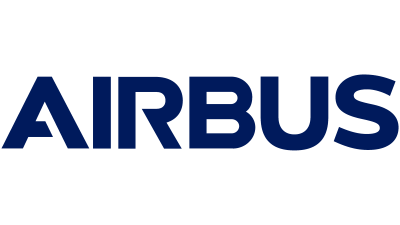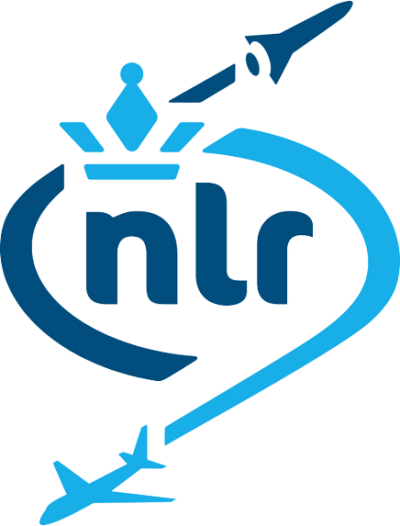Flying Vision Accelerator
What is the goal of the project?
Flying Vision Accelerator actively contributes to achieving sustainable aviation by 2050 by developing dynamic roadmaps and a clear vision. These roadmaps help the industry navigate the path to climate neutrality while also serving as valuable input for government policies.
The project is an initiative of TU Delft, Royal NLR, Airbus, Royal Schiphol Group, and KLM Royal Dutch Airlines. It collaborates closely with both Dutch and international partners within the aviation ecosystem.
Flying Vision Accelerator inspires, fosters collaboration within the aviation sector, and develops multidisciplinary insights that accelerate the transition to sustainable aviation. Additionally, the project identifies barriers and proposes solutions to overcome these challenges.
How did the idea originate?
A collaboration between the Faculty of Aerospace Engineering at TU Delft and Airbus highlighted the need for a holistic approach to making aviation more sustainable.
The interaction between fundamental and applied research, as well as developments at OEMs, airlines, and airports, provides broad-based insights into both challenges and solutions. This is why collaboration across the entire value chain is crucial.
The role of the passenger is also an essential factor. How will new aircraft, propulsion systems, and energy sources be accepted? Will passenger behavior hinder or accelerate sustainability efforts? Aviation, after all, is a “system of systems.”
The involvement of partners such as NLR, KLM Royal Dutch Airlines, and Royal Schiphol Group is therefore of critical importance.
How does the project contribute to sustainable aviation?
Flying Vision Accelerator provides a comprehensive view of the aviation sector’s transition to climate-neutral flying. The project focuses on three key themes:
- Reducing energy demand
- Implementing green energy carriers
- The passenger in 2050
To develop a shared vision and roadmaps, Flying Vision Accelerator organizes activities such as deep dives and think tanks. The results of these activities, along with partial and consolidated roadmaps, will be made accessible to the broader ecosystem.
What steps have been taken so far?
- The core team, including participants from TU Delft (project lead), NLR, Airbus, KLM Royal Dutch Airlines, and Royal Schiphol Group, was formed and began preparing the roadmap process in Q4 2024.
- In November 2024, Flying Vision Accelerator received official project approval.
- In January 2025, both the project kick-off and the first content-driven workshops took place.
What are the next steps for the project?
- Launch thematic deep dives – Q1 2025
- Initiate thematic think tanks – Q2 2025
- Begin roadmap consolidation – Q3 2025
- Deliver first roadmap iteration – December 2025
Click here, to see the first roadmap.
Project contact person
The contact person for this project is Victor Rijkaart, who can be contacted at A.C.V.Rijkaart@tudelft.nl
This project is co-funded by:

Share this project
Related news
Michel Peters appointed new Chair of the Board of Stichting Luchtvaart in Transitie
As of 1 February 2026, Michel Peters has succeeded Aad Veenman as Chair of the Board of Stichting Luchtvaart in Transitie (Li…
2-2-2026
Subsidy opportunity for R&D-projects
On April 2 the module R&D-collaborationproject of the Open Calls LiT will open.
19-3-2025





